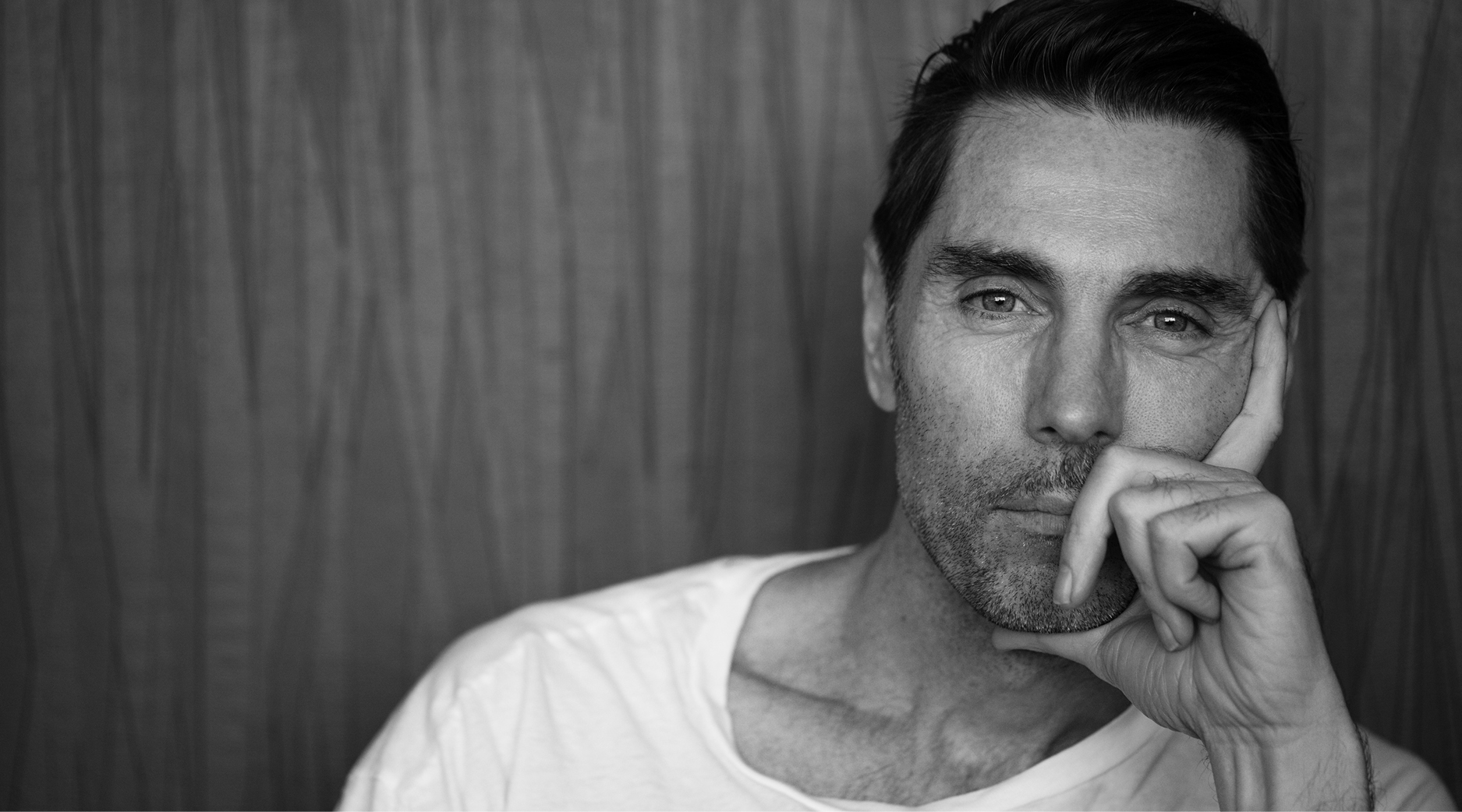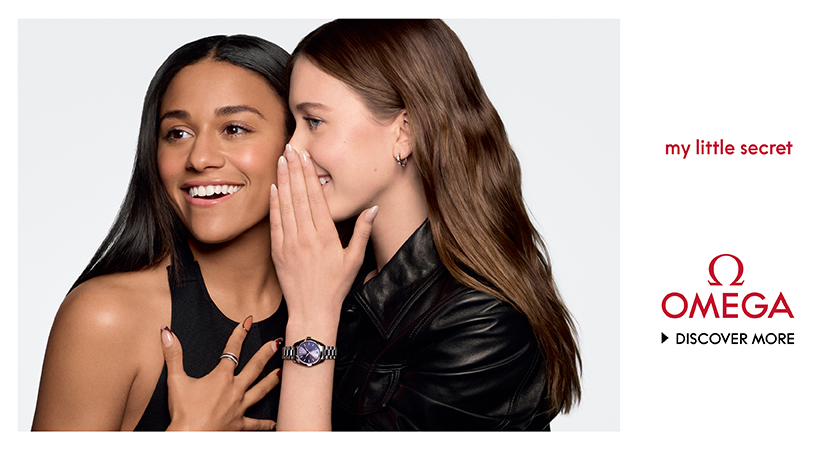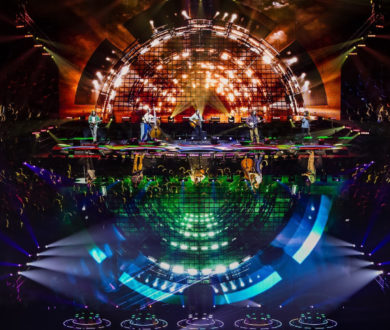With his business Catch Casting, Stu Turner has established himself as New Zealand’s preeminent casting director, called on and trusted by the likes of Netflix, Warner Brothers, Amazon Prime Video, Piki Films, A24, Walt Disney, Searchlight Pictures and more. In his work, Turner uses his keen eye and unique intuition to find the actors best-suited to bring a production to life — a core part of the creative process and something that has a huge bearing on a project’s outcome. “Sometimes my job feels like alchemy”, he tells me, “and it is a real responsibility… but I love being in the room with actors and getting to witness their creativity and their take on a particular role”. Beyond New Zealand alone, Turner is recognised as one of the best in his field, something that was solidified when he was nominated for an Emmy last year for his work on Netflix series Sweet Tooth. Here, we sit down with the casting director to talk about his process and what it takes to ‘make it’ in Hollywood.
Tell me about how you started in your casting career?
I’m really an accidental casting director. One morning, in the flat I shared with some other Toi Whakaari grads, I happened to be the guy who answered the phone and it was Christina Asher (a well-known casting director) who was looking for an assistant for the day. From there, she really took me under her wing and became my mentor. I’ll always be really grateful for that. For me, it was like slipping into a warm pool. I immediately felt comfortable. I started by greeting people and putting them at ease. And then would bring them up to Christina, who was in the studio. It was manaakitanga. I just loved making people feel at ease in this space where nerves were heightened, and hopefully help them to bring something truthful and unique to the room.
What was the landscape of the industry like in New Zealand when you started?
How has it evolved? With casting specifically, there have been the obvious technical changes with things like self tapes, the introduction of Zoom auditions and how we upload and share material. When I started there weren’t as many agents, and casting was something that was mostly relegated to a small back room in production houses. It wasn’t taken that seriously or valued, and it wasn’t as specialised as it is now. Over time, the role has evolved to be more like an architect, say, than a part-time tradie. Technology has also democratised the process. Now, if there’s someone who’s in a difficult area of Auckland or outside of Auckland, they don’t need to jump in a car and get to me, I can easily get them on a Zoom. I can still get a performance and find someone through a screen. Ultimately, my remit is to really offer opportunities to New Zealand actors for projects that will be shot here. Otherwise I’m looking at actors who have come here for work.
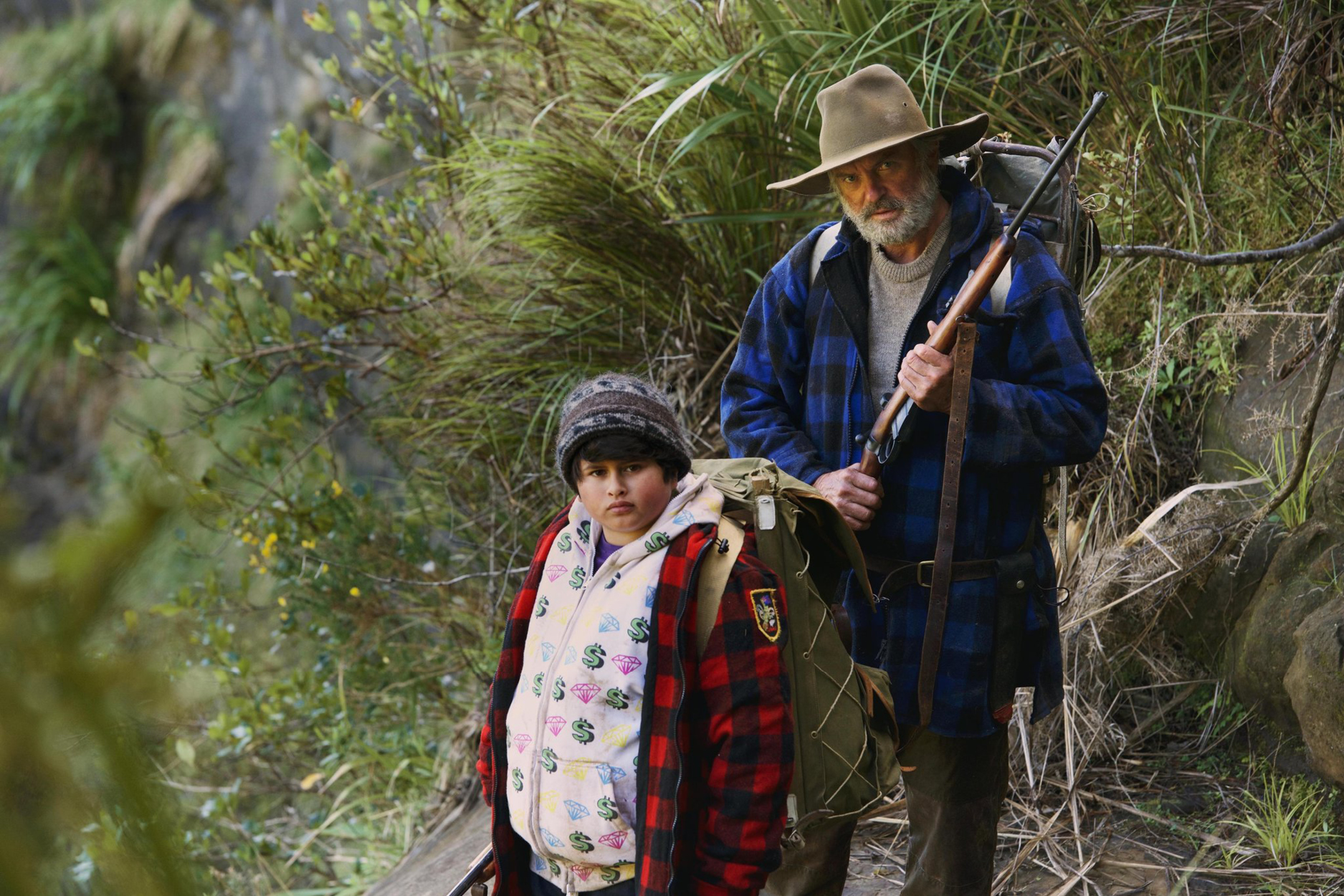
What was your ‘big break’?
It was less of a big break, and more of a big piece of inspiration to set up a business. I started with no equity, but a really clear vision of how I wanted the service to look like. I wanted to take casting out of the back room and elevate it to an international level. I’ve been pretty fortunate with my staff and contractors and I’ve got a really great associate and business partner with Joe Fisher. And really, that was the break. Backing myself.
How did you get in with the bigger production companies?
I never sought it out to be honest. I was really happy working on our local productions. I still am. If I think back obviously Taika’s [Waititi] Hunt for the Wilderpeople created a lot of attention. Rob Tapert, who has been a great advocate for the New Zealand film industry over many years, took a chance on me. New Zealand line producer Mel Turner who co-owns Ground Control with Axel Paton brought me onto their projects including Sweet Tooth. Niki Caro engaged me to work on the local casting for Mulan and introduced me to the US casting Director Deb Zane, and she brought us onto Cowboy Bebop and things just started happening. I started getting calls from Amazon about doing the New Zealand casting for Rings Of Power. Then other projects followed.
Explain, for people who might not have an understanding, exactly what your job entails. What does your typical work day look like?
My company and I are appointed by a production company, or in particular, a producer or director who has a vision for their project. We then interpret that vision. As the key casting director on the project, I will make a call on which actors to invite, and I work very closely with them to allow them the space to deliver their interpretation for a particular role. Then, we make our recommendations to the directors and producers of who we believe is the right fit. It’s a process of elimination and it takes time. It’s really alchemy.
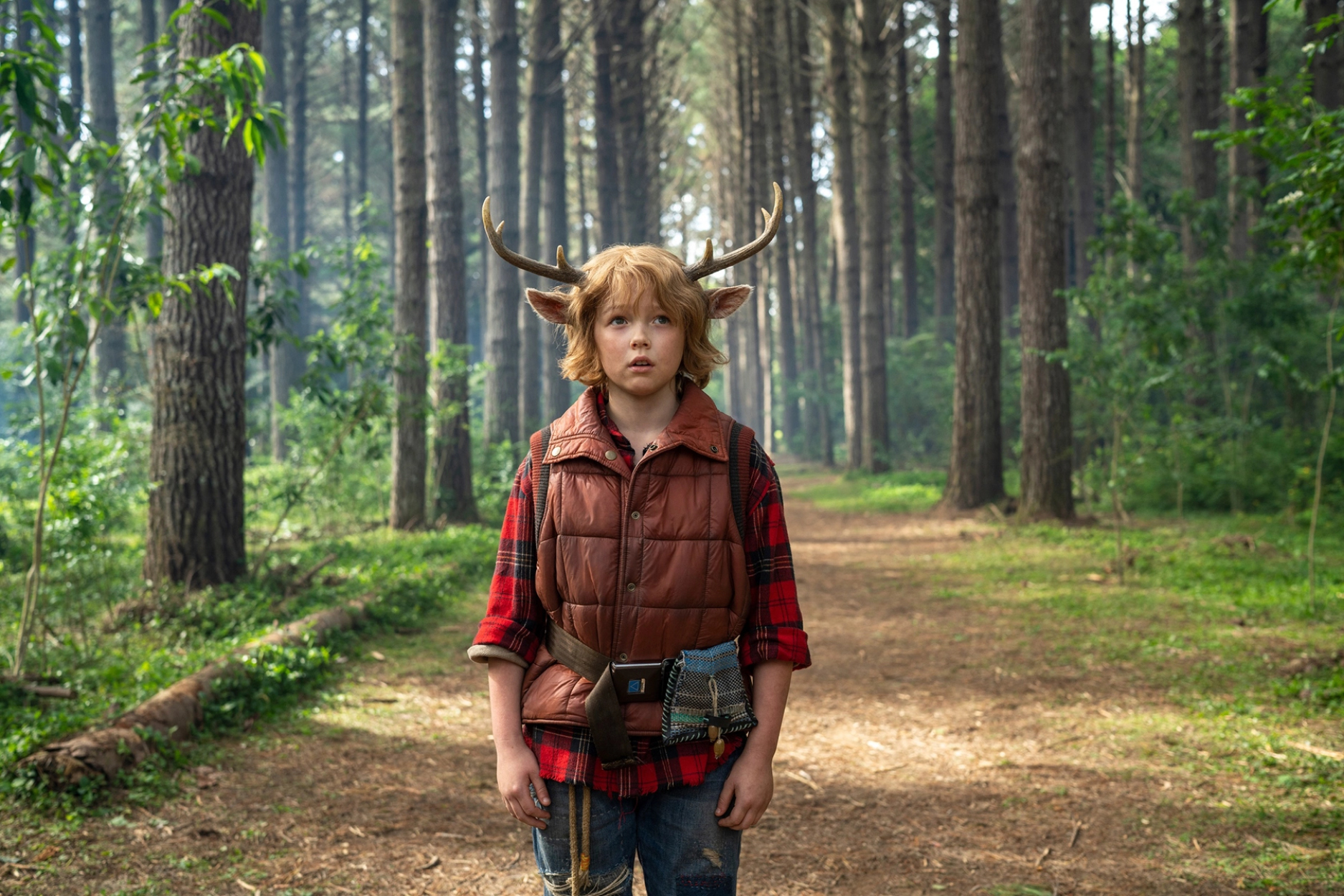
Have you always had an ‘eye’ for casting? Or, is that something that you have had to learn over time?
It’s not that I’ve always had an ‘eye’ for casting, but I have always had a natural affinity for people. All types of people from all walks of life. I’m a provincial boy from a really big family. So judgement isn’t in my framework. And it’s been a real gift. I seem to have been quite intuitive about it from quite an early time. Casting is the sum of all the parts because like I said, it’s alchemy. It’s about energy, right? And you get someone with one particular type of energy in the room and you think that works really well. But then once we start walking through the process, things fall into place. Often we’re not quite sure who the characters are until we see them in the room. Sometimes I find it really challenging. Recently I had to cast a young kid in a film and I saw at least 800 actors before we found him at the 11th hour. Sometimes it’s really simple and wonderful. Other times you have to put your shoulder into it and just do the mahi.
In your experience, what does it take to ‘make it’ as an actor?
It’s not one particular quality. Sometimes it’s timing. You’re just the right person at the right time. Often it’s just the actors who have the tenacity to stick in there. This is a really gladiatorial industry and it’s not for the faint-hearted. There are some wonderful, creative actors out there who are really sensitive, but it’s tricky to be in this industry. You hear ‘no’ constantly, so there needs to be a degree of resilience. And you have to back yourself. So for me, it’s all about timing and perseverance. You might get the occasional person who bursts onto the scene, but they can disappear pretty quickly as well.
Do you ever cast people from shows, or the street, or other places? Are you always actively looking?
I tailor my approach depending on the project. Some productions require a curated cast of actors that we will source through the conventional avenue of agents and auditions. And then there are other projects that need fresh, untapped talent. So that means we need to see a lot of people sourced via agents, street casting, going into communities, and via our Catch Casting social media.
What do you love the most about your work?
Being in the room with the actors when I can. It’s my laboratory. I love being in a place where I can work with really talented humans to bear witness to their creativity and their take on a character.
What is the most challenging part of your work?
It’s trying to create alchemy on a budget and with time restraints. Casting is like magic. So you never know when it’s going to happen. But it has to happen within a certain time.
What are your favourite kinds of projects to work on?
It always goes back to the script. I need to get inside the characters and understand the story that we’re telling. I’m looking for some kind of connection to the world. We all do our best work when projects resonate and challenge us and I can see opportunities in them for our New Zealand actors, whether it’s international or local. It’s also the quality of the director.
You were recently nominated for an Emmy, how did that feel?
My initial response was incredibly Kiwi. I didn’t mention it to anyone for a while. And then I just had to get past that and get over myself and allow myself to celebrate. And for my friends and my mum to celebrate as well. It was pretty cool. And ultimately, was like a validation of all the international work we just happen to be doing here in Aotearoa.

